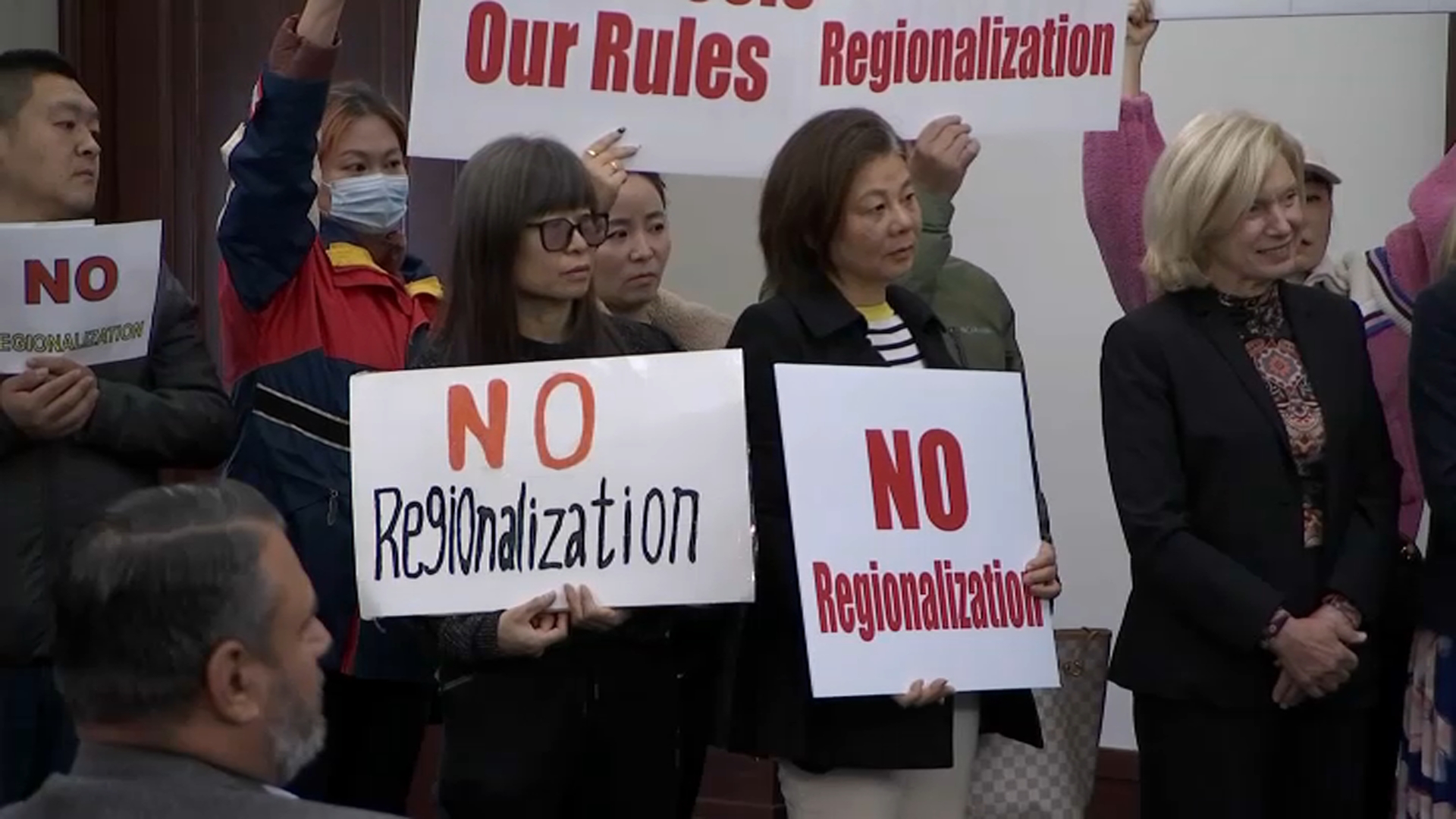Verizon Communications experienced a "mild" increase in complaints in the wake of a labor strike by 39,000 employees of the telecom giant's cable and landline business, management said Thursday.
Consequently, the company plans to double its replacement workforce to 20,000 non-union employees, managers told NBC 4 New York.
"Maintaining our existing customer service base is our top priority," a company spokesman said. "We're confident that as each day passes and these teams get more comfortable with their roles, our customers will be served."
Queens resident Arlene Raifer watched three days pass before Verizon responded to her loss of cable and internet.
"If my bill is late, they charge me. If I miss my appointment, they charge me," she said. "Well, they've missed seven appointments. I have to go to work."
After making 18 phone calls to Verizeon, Raifer reports that her service is restored.
Meanwhile, no negotiations in the labor dispute occurred Thursday and no talks are scheduled.
Local
Members of the Communications Workers of America and the International Brotherhood of Electrical workers went on strike after months of little progress in negotiations since their contracts expired nearly eight months ago.
Democratic presidential hopeful Bernie Sanders visited striking workers in downtown Brooklyn Wednesday morning, speaking into a bullhorn and walking the picket line.
The workers gathered to hear Sanders booed and jeered as the Vermont senator mentioned their employer's name and talked about the loss of benefits, outsourcing and the stalled negotiations.
Sanders' rival, Hillary Clinton, issued a statement earlier saying Verizon "should come back to the bargaining table with a fair offer for their workers."
Verizon landline workers in Connecticut, Delaware, New York, New Jersey, Massachusetts, Pennsylvania, Rhode Island, Maryland, Virginia and Washington, D.C., all walked off the job.
Verizon spokesman Rich Young said the company was very disappointed that union leadership has called a strike. He said it has trained thousands of non-union workers to fill in for striking workers and "we will be there for our customers."
The unions say Verizon wants to freeze pensions, make layoffs easier and rely more on contract workers. Verizon has said there are health care issues that need to be addressed for retirees and current workers because medical costs have grown and the company also wants "greater flexibility" to manage its workers.
Verizon also is pushing to eliminate a rule that would prevent employees from working away from home for extended periods of time. In a television ad, the unions said the company was trying to "force employees to accept a contract sending their jobs to other parts of the country and even oversees."
In 2011, about 45,000 Verizon workers went on strike for about two weeks.
Verizon Communications Inc. has a total workforce of more than 177,000 employees.



